
Containers are transferred at the China-Kazakhstan International Logistics Base in Lianyungang, Jiangsu province, on Nov 25, 2022. [Photo by Wang Jianmin/For chinadaily.com.cn]
Experts: Govt should support private firms in facing multiple headwinds
The fact that China's major foreign-trade powerhouses posted robust import and export numbers in the first four months has consolidated the recovery momentum and bodes well for a stable trade scenario this year, industry insiders and experts said.
While China's foreign trade is on track for a steady recovery, private companies — as the leading force of foreign trade — are facing multiple headwinds and mounting pressure. The government must step up support to help these enterprises explore newer markets and secure orders, they added.
Guangdong, Jiangsu, Zhejiang and Shandong provinces — the major export-oriented economic powerhouses in the country — as well as Shanghai and Beijing, each saw their total value of imports and exports exceed 1 trillion yuan ($141.8 billion), according to the latest data put out by local authorities. In particular, Guangdong's foreign trade volume hit 2.52 trillion yuan during the first four months.
Cumulatively, the trade of four provinces and two municipalities amounted to 9.31 trillion yuan and accounted for nearly 70 percent of the country's total imports and exports, which stood at 13.32 trillion yuan in the first four months, according to calculations based on official data.
The production lines at Bolison, a Foshan-based additive supplier for the plastics industry in Guangdong, have been busy as the company landed new bulk orders from Vietnam and Iraq in late April.
Li Baoxing, general manager of the company, said overall exports grew 50 percent year-on-year in the first four months as its self-developed lead-free additives became popular among global buyers.
The lead-free feature makes their additives environment-friendly, and this enhances the quality of plastic products, he said.
The company, he said, has by leveraging its technological advances and production capacity, expanded its market to Southeast Asia, Europe, the Americas and Africa.
Private businesses like Bolison are playing a bigger role in the country's foreign trade, the data showed.
Imports and exports by the private sector totaled 7.05 trillion yuan in the first four months, and accounted for 52.9 percent of the country's total foreign trade, up 4.6 percentage points over the same period last year.
The imports and exports from private firms in Zhejiang, Shandong and Guangdong, for example, took up 80 percent, 74.2 percent and 60.5 percent, respectively, of their total trading volumes during the period.
Zhang Jianping, head of the center for regional economic cooperation at the Chinese Academy of International Trade and Economic Cooperation, said private enterprises were more flexible and adaptable, making them better positioned to keep abreast of shifting market demands and to seize market opportunities without delay.
However, weighed down by shrinking global demand, rising protectionism, higher exchange-rate volatility and increasing overall costs, private firms, especially smaller ones, still face challenges in scaling up foreign trade growth, Zhang said.
Policy steps to lighten the burden on private foreign trade enterprises by providing tax and fee breaks, logistics support and lower financing costs should be rolled out to help improve their profitability, he said.
Every possible means should be employed to help private businesses explore emerging markets in the Association of Southeast Asian Nations member countries and economies along the Belt and Road Initiative, Zhang said.
In a bid to help businesses expand their markets and secure new orders, Zhejiang introduced a package of measures to keep foreign trade stable and improve its quality, according to a circular issued by the provincial government on Tuesday.
It has pledged efforts to help 10,000-plus firms to group over 1,000 businesses delegations to travel overseas and attract more export orders in traditional markets like the European Union, the United States, Japan, South Korea and Australia, according to the circular.
It will also scale up support to help them further explore emerging markets such as ASEAN economies, the Middle East, Latin America and Africa, it said.
Zhang Xiaotao, dean of the School of International Trade and Economics at the Central University of Finance and Economics, said micro, small, and medium-sized ones take up the lion's share of private foreign trade enterprises.
Government departments should build digital platforms to help them develop overseas markets in a cheaper and more effective way. Targeted support in brand building and financing services should also be in place to help them upgrade and foster new competitive strengths, he added.












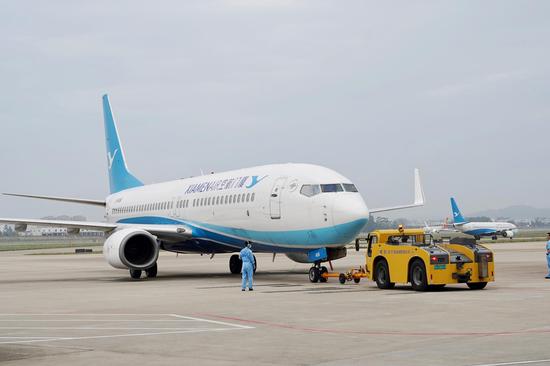

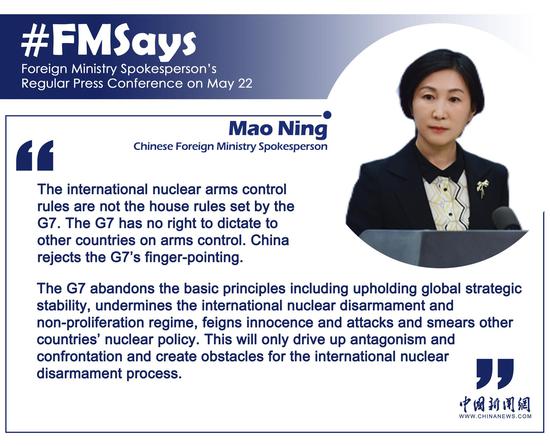
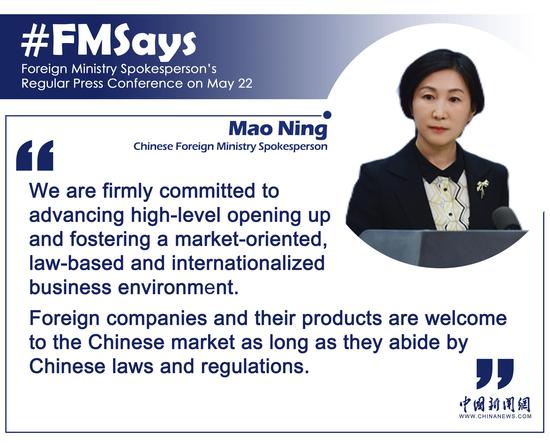

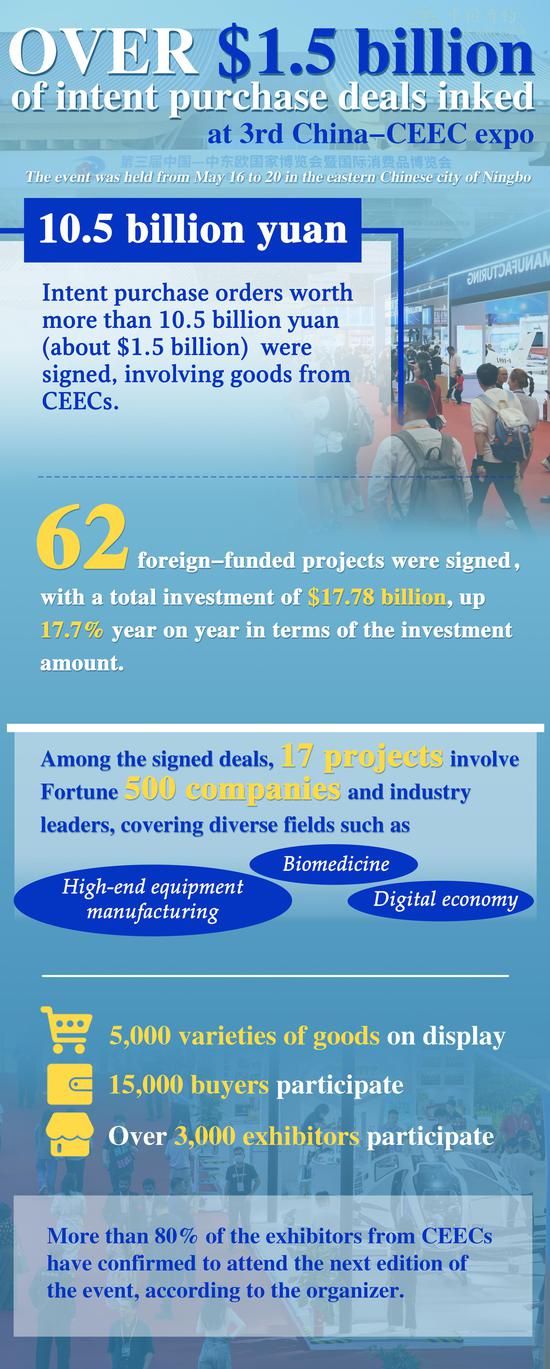













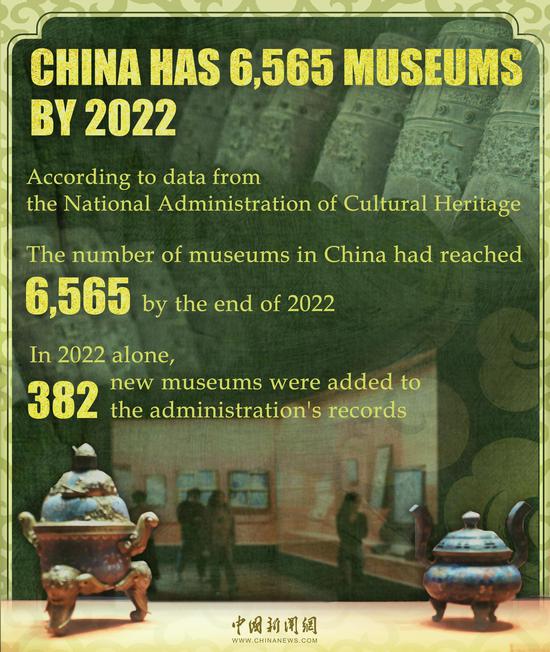


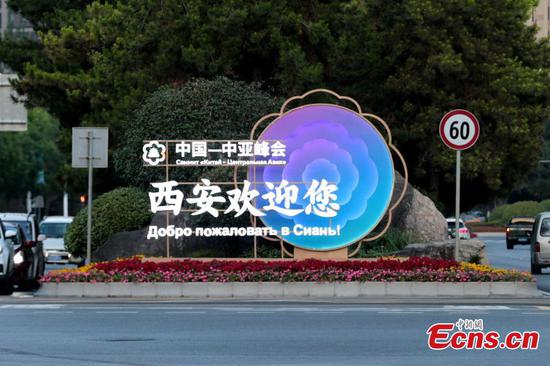




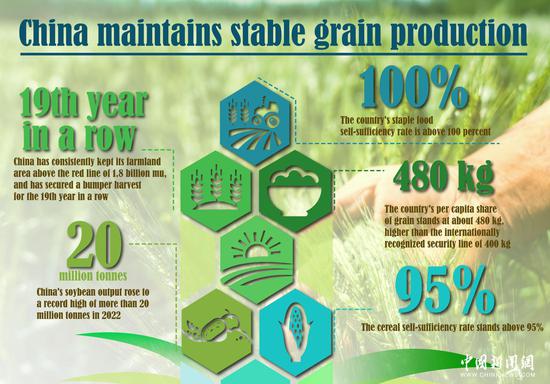



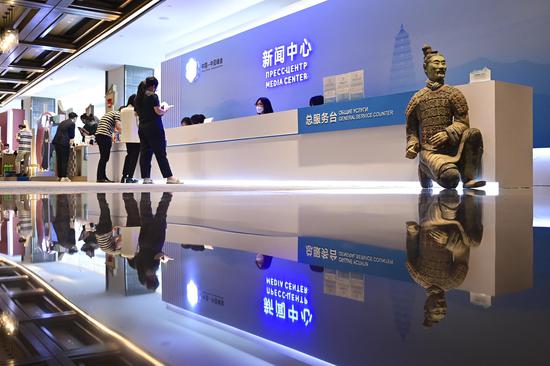






 京公网安备 11010202009201号
京公网安备 11010202009201号